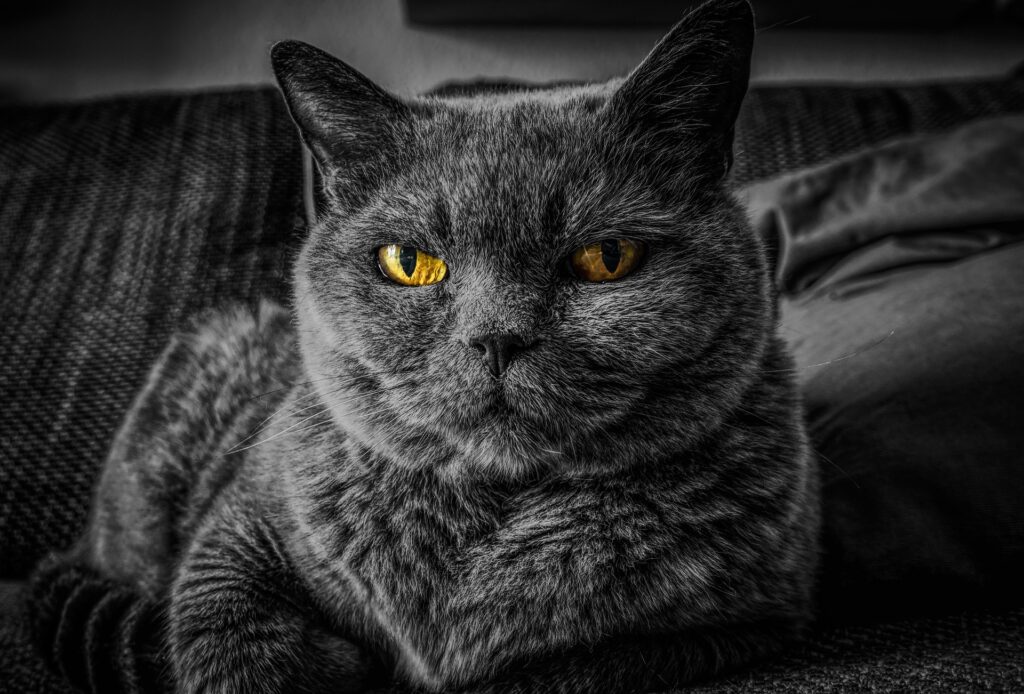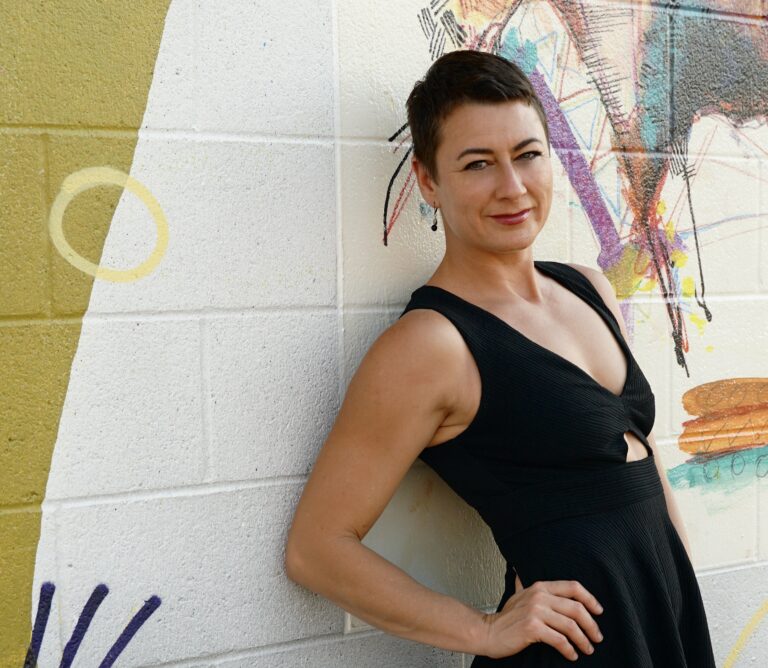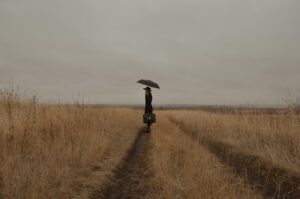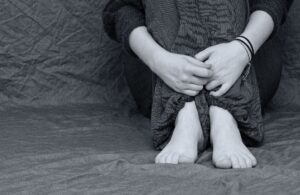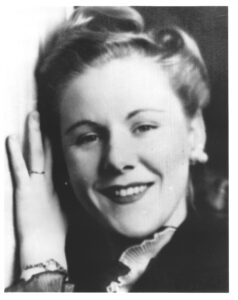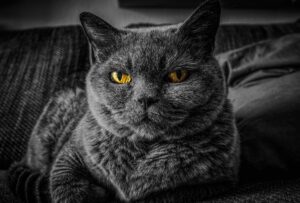An excerpt from my journal entry November 14, 2022: ______________________________________________________________________________________________
“It’s Monday morning. The day is already crying out–Busy THYSELF! But my mind has been begging me for days for an offload.
The fat gray cat is back.
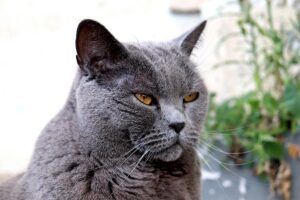
I’ve seen glimpses [of it] and pet it from time to time. It has been sauntering around, but this morning I awoke to it laying on my chest, nose to my nose, purring in my face, kneading my collar–little f***er. I did not welcome it into my intimacy. But I know that when the cat comes to me, I am about to learn or actually unlearn something. The gray cat is very wise. The gray cat is good medicine. It is an omen of healing to come. The gray cat knows my wounds. It can smell them. It puts its wet nose and sand paper tongue right on those open, tender gashes.”
______________________________________________________________________________________________
I made this entry right before the Thanksgiving holiday–that precarious time of year where many of us find ourselves inexplicably somber or easily triggered. I was struggling in a brief dating relationship and facing the prospect of another breakup. Something about the conditions of the holidays, the bleak weather, and the feeling of loneliness stirred up a vague Deja vu.
 I had been feeling the bleakness coming on for days. I pictured this sense of depression as a fat gray cat. In my mind’s eye, I’d seen it streaking around the neighborhood. This particular morning I woke up with the cat (depression) sitting on my chest. It felt heavy and entitled, and uncomfortably close. I resigned myself to the cat. I decided to pet it; to let it stay and wander around at my feet, brushing up against my legs with an arched back the way that only confident cats do.
I had been feeling the bleakness coming on for days. I pictured this sense of depression as a fat gray cat. In my mind’s eye, I’d seen it streaking around the neighborhood. This particular morning I woke up with the cat (depression) sitting on my chest. It felt heavy and entitled, and uncomfortably close. I resigned myself to the cat. I decided to pet it; to let it stay and wander around at my feet, brushing up against my legs with an arched back the way that only confident cats do.
I decided to sit quietly with the cat. I chose to let this sadness be my teacher. I knew that even though the fat gray cat seemed indifferent and imperial, it only visited to impart insight into a deeper part of myself. I opened and deepened into sadness.
What was I actually feeling? Abandoned, afraid, alone, burdensome.
Something about this combination of feelings felt familiar. I’d just read about an emotional exercise where you try to pinpoint your earliest memories by asking yourself, “when have I felt like this before?”
The painful memory surfaced rather quickly and I burst into sobs. I had psychoanalyzed this childhood memory a handful of times in the previous year, but had yet to feel it–to grieve it out. I was now prepared to give this memory it’s moment of painful expression. I had been resisting these feelings since the event itself. The present moment felt like the right time to fully feel into the painful memory, in the safety of my adulthood and with a fuller understanding of the world.
As I sobbed, I was transported back to the cloudy day I’d come home from elementary school to a silent, empty house. I had felt uneasy and tried calling my mom. The old-school phone line was dead because the electricity had been turned off–again. I waited in the house, bewildered. I wanted to go next door or across the street to stay with the neighbors until a parent came home, but I knew this would disappoint my mom. No one was supposed to know about “our” embarrassing situation. That message had been reinforced countless times: ‘our poverty is a secret–we have to hide it.’ I was paralyzed and bewildered and all I can recall is that I waited until it became dark before anyone arrived home. I don’t know which parent arrived first or what they said to relieve my mind. I imagine a kerosene lamp was lighted and I probably took a cold bath before bed.
It was important in that recollection to feel the repressed childhood feelings and to tell that neglected, 9-year-old version of me that her fears are valid, that she should never have been left alone for so long and that there is no shame in seeking help.
The process of reparenting ourselves and of integrating our disparate parts can feel slow, scary, painful, and impossible. It’s important that we take the time our bodies are asking from us to allow ourselves to release buried feelings. I decided to personify a short season of sadness and to personify the uncomfortable feeling so that I could “make friends with the Fat Gray Cat.”
The depression I experienced was temporary and not of a clinical nature. This story is shared as a helpful idea. I honor your experience and I share mine as a way to both heal myself and to help normalize all the crazy boogaboo (scientifict term) that we go through on this journey of figuring ourselves out. Nothing I say on this site should ever take the place of professional advice.

